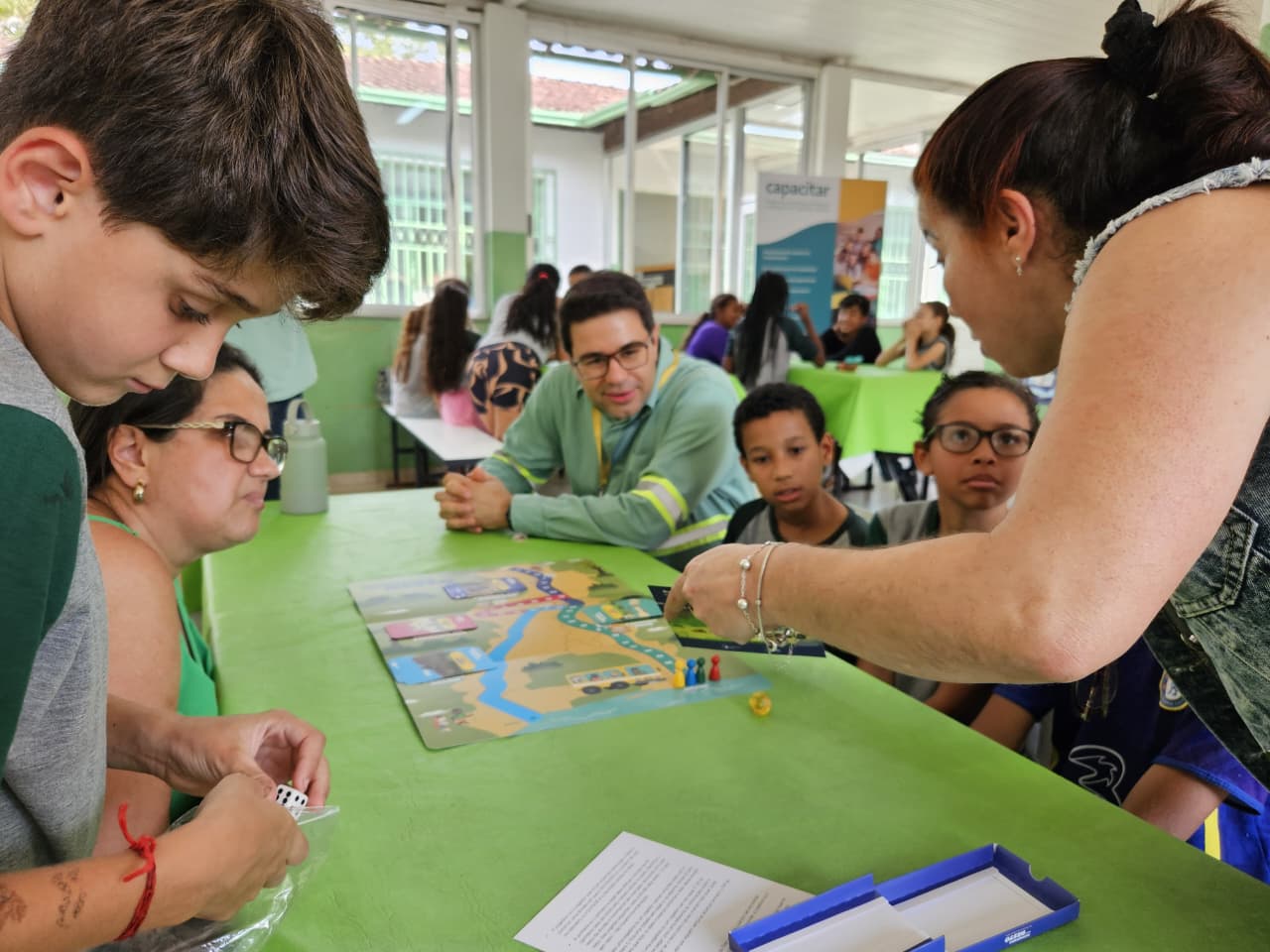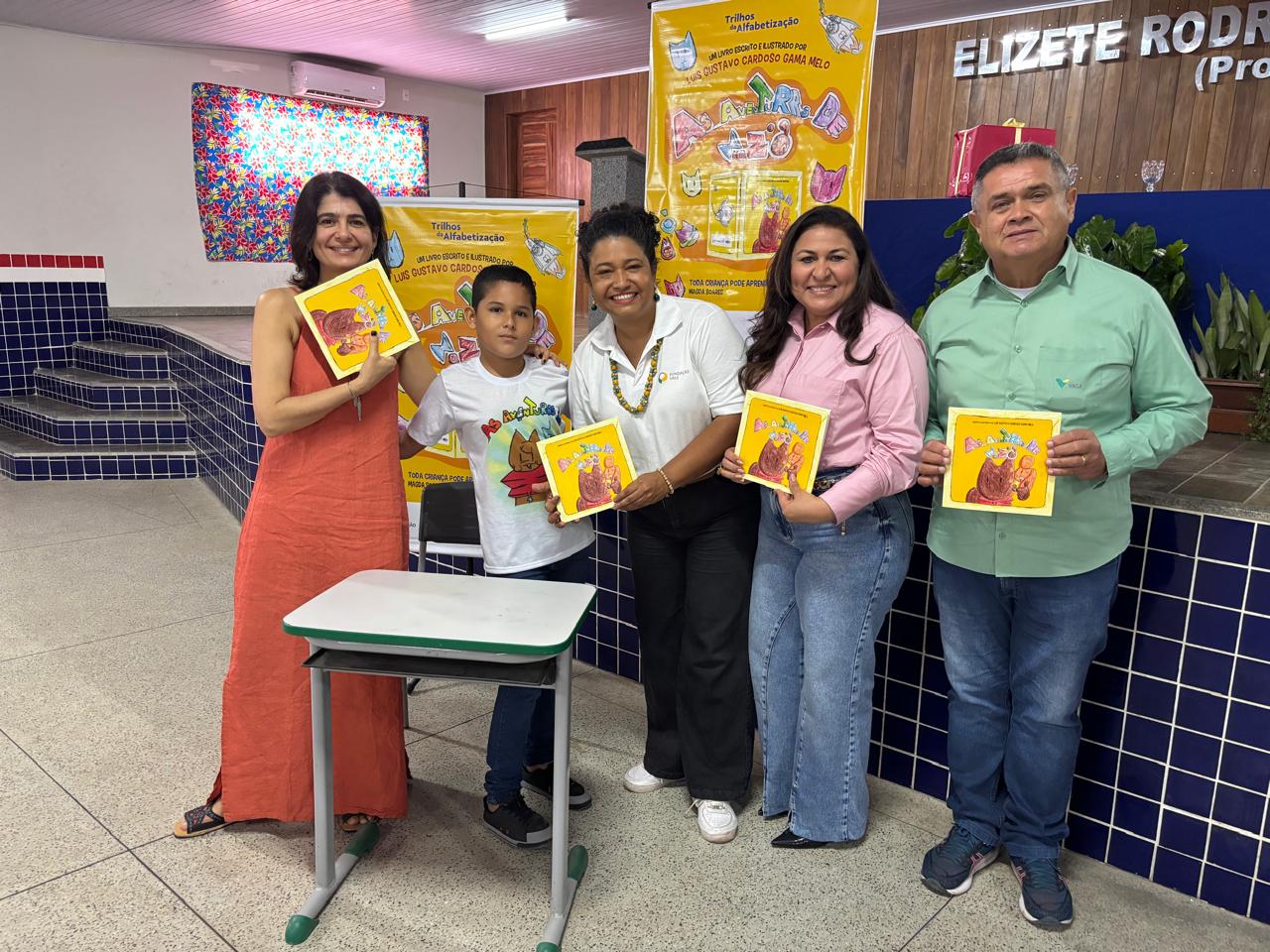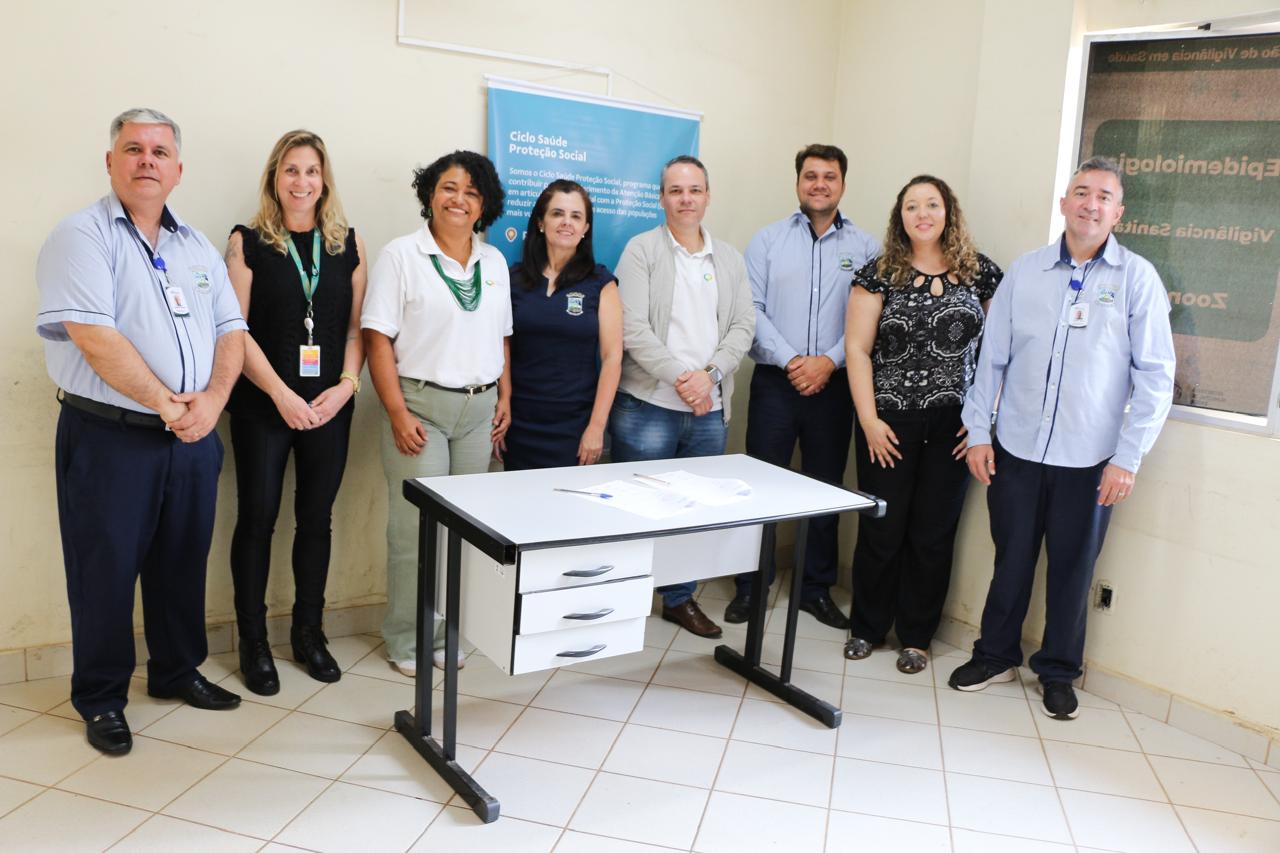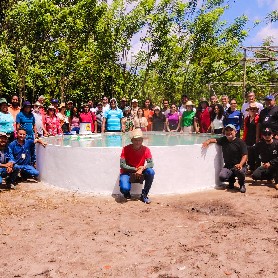Indigenous history and culture in new material for teachers in Maranhão

Valuing the culture and history of indigenous peoples in their diversity and removing prejudices within the classroom. This is the proposal of the pedagogical notebook “Indigenous Peoples, Original Peoples”, distributed to more than 5,000 educators who teach in about 1,000 public schools in 23 municipalities in Maranhão located along the Carajás Railroad.
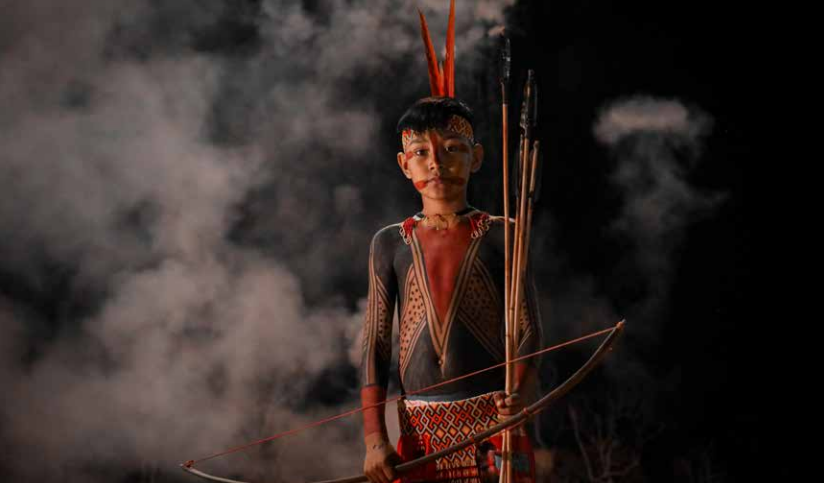
Photo: Mrê Gavião. Notebook “Indigenous Peoples, Original Peoples” – Literacy Trails
Teachers will be able to use the notebook to better prepare themselves to present to the classes how indigenous cultures are present in various aspects of the Brazilian culture and identity. In the first part of the publication, some prejudices about indigenous peoples are identified and “antidotes” are suggested for each of them. The second part presents different ethnicities through the chronicles of professor José Ribamar Bessa, who has been studying and developing work with native peoples for more than 50 years.
The notebook “Indigenous Peoples, Original Peoples” is part of the training material of the Literacy Trails project, implemented in Maranhão since 2020 to improve the learning of the approximately 70,000 students enrolled in the initial years of Elementary School. It is an initiative of the Vale Foundation in partnership with the Multimodal Intermunicipal Consortium, the Government of the State of Maranhão and the Getúlio Vargas Foundation.
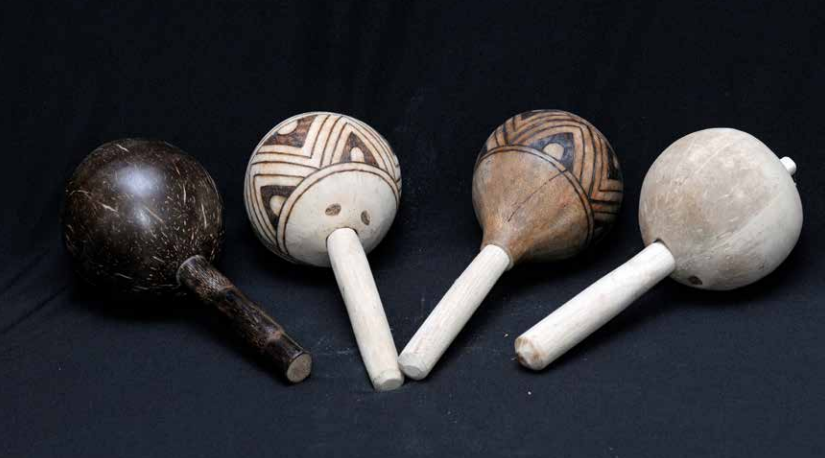
Photo: National Indian Foundation (Funai) collection.
Notebook “Indigenous Peoples, Original Peoples” – Literacy Trails
Learn more
In addition to the 23 municipalities in Maranhão, the Literacy Trails project is present in 8 municipalities in Pará and 2 in Rio de Janeiro. It includes the training of educators and technical teams from the State and Municipal Departments of Education, production and distribution of complementary didactic material, and the mobilization of the school community for literacy. Materials for children, such as almanacs and pedagogical games, are designed based on the culture of each region, in order to contribute to making learning more meaningful, playful and pleasurable, and thus improve literacy rates.


